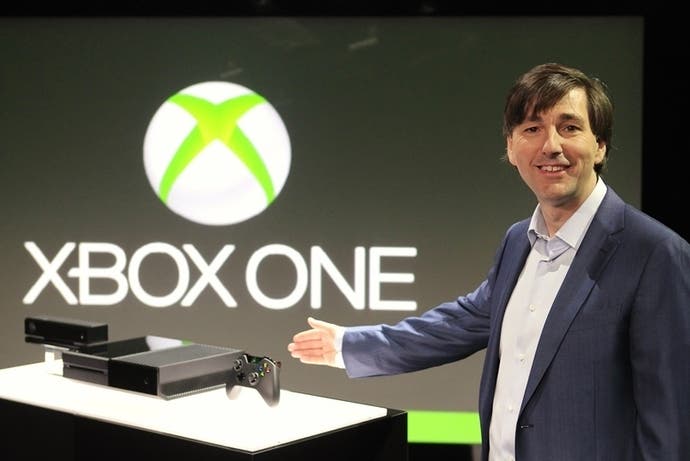Xbox One: developers have their say on specs, self-publishing and TV TV TV
"It's very hard for me to stay objective here..."
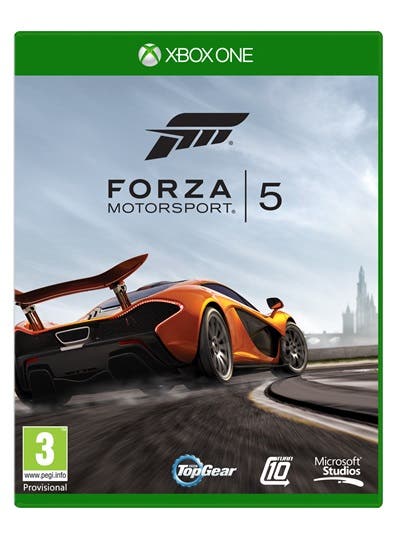
Gamers have had - and are still having - their say on Microsoft's divisive Xbox One reveal, but what say developers?
Eurogamer canvassed opinion from across the development community - from indie to triple-A - and found some share the concerns of core gamers following Microsoft's event.
Many developers we spoke to questioned Microsoft's focus on TV with Xbox One. As the company revealed, you'll be able to feed a live TV signal into your console and have the Xbox One integrate interactive features into it. Using Kinect, for example, you'll be able to switch quickly from games to live TV to movies and back again with hand gestures, and even have a Skype call interrupt your viewing experience.
"When the world is moving (or has already moved!) to on-demand, it feels a bit like it was a pillar decided on a few years ago in initial planning meetings that hasn't evolved with consumer habits in the meantime," Nick Baynes, studio head at BigBit and former Split/Second game director, said.
"If the Halo TV show (and other MS produced shows) are on demand exclusively on the One then maybe the infrastructure will be there to transition their focus back to on-demand broadcasting down the line. The messaging to consumers at launch may be confusing though - I would have thought that early adopters are probably the same people who were the first to leave live broadcasts so that side of things may not be of importance to them.
"The rest of the interface features look slick, and useful, but ironically the kind of blockbuster games that Xbox is going to be all about would be the ones I'd least like to play with a Skype conversation and browser window snapped onto the edge of the screen at the same time, pulling me out of the experience."
"Ironically the kind of blockbuster games that Xbox is going to be all about would be the ones I'd least like to play with a Skype conversation and browser window snapped onto the edge of the screen at the same time, pulling me out of the experience."
BigBit boss Nick Baynes.
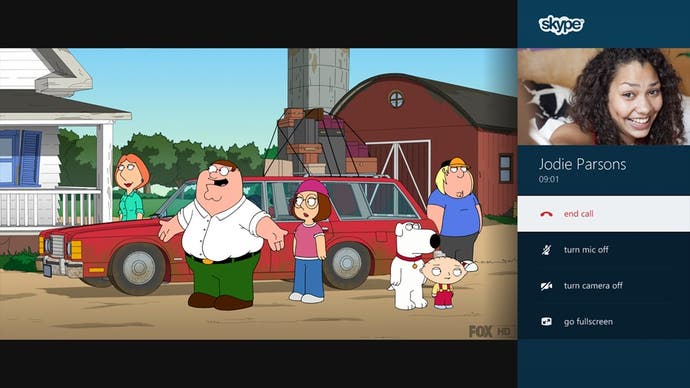
Baynes' concern was shared by Stewart Gilray, boss of Oddworld developer Just Add Water.
"Microsoft is attempting to be the one device in the living room, but at the same time as doing that you have to have a secondary device, like a TiVo, to HDMI into the Xbox One to be able to use the TV side of it, which to me defeats the entire purpose," he said. "It's very confusing."
"I don't want to talk to my TV, I don't want to wave my hands in front of my TV, and I don't want to Skype with a friend when I'm engaged in a game," said the typically outspoken Adrian Chmielarz, formerly of Bulletstorm developer People Can Fly, now going it alone at The Astronauts making The Vanishing of Ethan Carter.
"That's not to say that Kinect 2.0 is useless (I'm curious about that heartbeat thing, for one), but for now I don't see it as anything too exciting.
"With all due respect to Mr. Spielberg, a Halo TV series is not the reason for me to buy a $400 box."
The Astronauts founder Adrian Chmielarz
"It's very hard for me to stay objective here," he continued. "For example, with all due respect to Mr. Spielberg, a Halo TV series is not the reason for me to buy a $400 (or whatever) box. I got way more excited when I saw Jonathan Blow on the PS4 stage. Not because of his game, but because of the message that Sony was sending this way.
"But look, I could go on forever about this or that feature and about this or that element of the ecosystem. At the end of the day I think the problem is not necessarily with the hardware or features, but with the unveil strategy itself. It's fine to start with the non-gaming stuff, then please gamers at E3, but I wish Microsoft was more clear and vocal about it and set the expectations right.
"Because we all wanted to see the future of gaming, and we got almost none of that, and what we got were weak pre-rendered movies that looked worse than some of the games I have on my PC right now, or a dog and fish AI. I have no reason to prefer any console over the other, hell, I want them both to succeed - more platforms for our games, yay! But, to be honest, I don't think anyone from Sony lost any sleep."
"The most unusual and off-putting part of the entire announcement was the disassociation of games from the rest of the console, relegating the bulk of games talk to E3."
Nathan Fouts of Mommy's Best Games
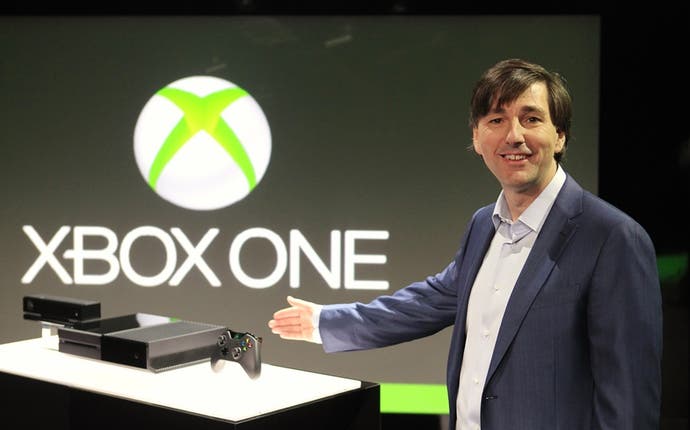
Microsoft has said, on the record, that its E3 press conference will be where we'll learn more about the 15 Xbox One exclusives that are in the works - eight of which are new franchises. But that didn't stop the focus on TV at the reveal event coming as a disappointment.
"I think the most unusual and off-putting part of the entire announcement was the disassociation of games from the rest of the console, relegating the bulk of games talk to E3," said self-styled "Pie-making prince" Nathan Fouts of Mommy's Best Games, currently developing his new 1-4 player game Pig Eat Ball.
"You could take this a few ways. One, games are such a big, important part of this console, that they need their own announcement. W00t! Games and stuff! Yeah! Or two, here's a video game console announcement that leads with talk of controlling your TV and watching sports, and games will be dealt with later, as they are only a small portion of bigger ambitions.
"So what usually happens when a company talks about a new product? Normally they lead with what they think are the most salient points. Things that the company is interested in pushing, and the things they think the consumers will care about. Microsoft leading talk of the Xbox 1, er, One with 'TV TV TV' doesn't make me feel particularly loved as a gamer, nor as a game developer."
According to Nick Davies, co-founder of Jacob Jones creator Lucid Games and formerly senior producer at Bizarre Creations, Microsoft's event suffered from the high expectations from gamers - and he cautioned against a knee jerk reaction with E3 right around the corner.
"It's quite similar to the PS4 event in many ways," he said. "Expectations of people are they are going to see absolutely everything in one one hour show. Both Sony and Microsoft have been clear that this is the start of the reveal. You're going to see things today. You're going to see things at E3. I guess they just chose that day to focus on what their key highlights of the box are. They've always said the games were going to come at E3. So I'm holding judgement until we see games and we see more exclusives. It was just the starting point."
"Expectations of people are they are going to see absolutely everything in one one hour show. Both Sony and Microsoft have been clear that this is the start of the reveal.
Lucid Games co-founder Nick Davies.
For Davies, the new TV features could prove useful. "It's a shame you're not going to see it in the UK at the time of launch, but there's definitely something about being able to be watching TV and actually getting notifications when your friends are doing something, then being able to easily switch over to playing games. It's maybe not the most sexy feature, but it starts to make the Xbox being that one box under your TV, that one media hub, make more sense."
"Microsoft's Xbox One press conference felt like it was targeted at a really wide audience, which makes sense considering the way they're positioning the hardware as the only-set-top-box-you'll-ever-need," added Brad Muir, senior designer at Double Fine.
"I'm more interested in their plans for gaming but I really want to give them the benefit of the doubt and see what they bring to E3."
"I've got no doubt that Microsoft are going to absolutely nail gaming on the Xbox One," Baynes enthused. "All the major publishers will bring their titles to both One and PS4, and it appears they've recognised the strength of Sony's first party line up by investing heavily in that side of things. Of course it remains to be seen what form these 15 games take, but I'm sure even with a few casual titles in there the hardcore gamer will be well catered for.
"People are analysing the hardware specs but ultimately I think from the majority of players' perspectives there will be parity between both PS4 and One. So while I understand the concern that Twitter and comments threads are ablaze with regarding a lack of games shown to date, I'd be stunned if that was still the case after E3."
"If your game is going to push the heck out of the PS4, you might have to do some little tweaks [for the Xbox One version]. But if you design your game to work on Xbox One at 60fps, it's going to work on PS4 at 60."
Just Add Water boss Stewart Gilray
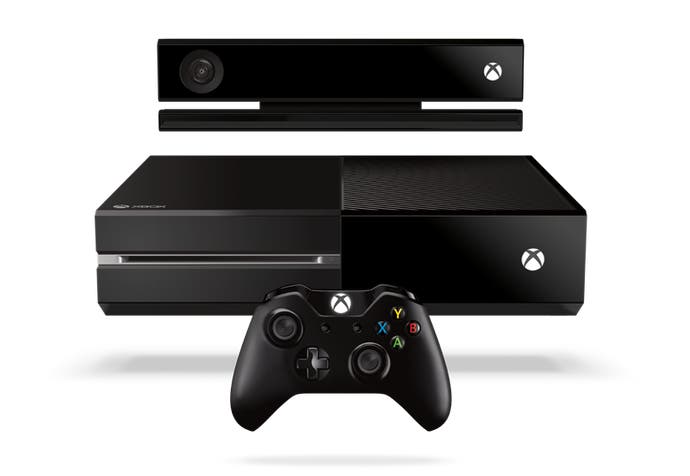
This week Digital Foundry analysed the relative power of both the PlayStation 4 and Xbox One, and concluded that, on the face of it, Sony's console comes out on top. This has much to do with the 8GB of DDR3 RAM inside the Xbox One compared to the 8GB of super fast GDDR5 RAM inside the PS4.
According to Gilray, this could see PS4 games enjoy a slight performance advantage over their Xbox One brethren.
"We might see slightly smoother framerates on PS4," he said. "We're working with Sony right now, and they're trying to actively push 60 frames per second, 1080p. You might get situations where the graphics will be a little, but not much, lower quality on the Xbox One. Or, you might get some fixed at 30 frames per second situations in 1080p. It depends on the scale of the game. If your game is going to push the heck out of the PS4, you might have to do some little tweaks [for the Xbox One version]. But if you design your game to work on Xbox One at 60, it's going to work on PS4 at 60."
"The classic example is Devil May Cry on PS3," Gilray explained. "There were some cases where they used a lot lower quality texturing compared to 360. That line will be blurred. It might be inverted on these two machines. It's early days. The reason PS3 had slightly lower quality textures on some games with Unreal powered engines was because of the speed it moved around at. Now, with GDDR5 on PS4 it's going to whiz around really fast. I wonder if that will be sacrificed a little bit quality wise with the DDR3 stuff on Xbox One."
During its event Microsoft confirmed that the Xbox One will be an always online console - that is, it requires an internet connection to work, but you'll be able to continue to play single-player games and watch movies, for example, if your internet connection drops.
This always-online feature has left some gamers seething, but developers see it slightly differently - although many have concerns.
"Having access to the cloud to potentially run parts of the game simulation and even have things everyone is doing in the game impact the overall world (even in single-player) are some interesting possibilities we have been thinking about," said Obsidian boss Feargus Urquhart.
Gilray, though, is slightly concerned by the implication of an always-online console that, via Kinect, is "always watching".
"The only real positive for always-on is the concept of instant booting," he said. "You come into your room and just say 'on', and on you go. But I can do it already on the PS3 and Xbox 360. You just press the button on the controllers. I personally don't see what an always-on system will do for us, other than background downloading when you're not around, which will be a massive plus.
"I wonder if bundling Kinect with it and the fact it's always-on is going to put a lot of people off. They're saying, even if the system is turned off or on stand-by, you come into your living room and say, 'Xbox On', so Kinect is going to be watching all the time. How many people will that put off? It's not something that sits well with me, frankly."
"Even if the system is turned off or on stand-by, you come into your living room and say, 'Xbox On', so Kinect is going to be watching all the time. It's not something that sits well with me, frankly."
Stewart Gilray
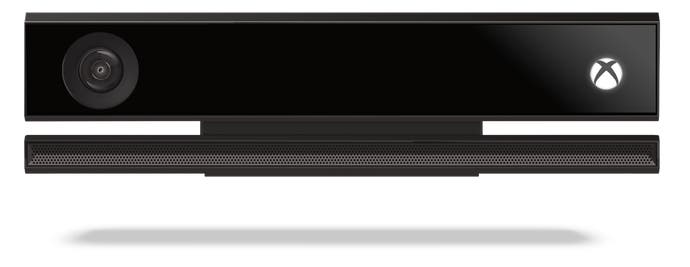
Nick Davies, though, can see a huge benefit from having Kinect come with the console - as opposed to its sold separately status on Xbox 360.
"The good thing is it comes in the box with the device, so as a developer you know everyone on that device is going to have it. You're not worried about the market being split, which is always a huge thing," he said.
"Technically is sounds like a huge improvement over the previous one. When Kinect was originally announced everyone imagined it would be doing the things this next version will do, so it's nice to see that come to fruition. The proof will be in when you start developing for it, and see how accurate it is and what crazy things you can do with it. But the big key thing is it comes with the box. Everyone who has an Xbox will have a Kinect as well, which for developers is a huge thing."
And Davies singled out the new controller, which, according to Microsoft, contains over 40 innovations, for particular praise.
"The good thing for me is they didn't really change the controller much," he said. "It follows the best controller on the market, and it was nice to see they didn't add any additional gimmicks or make any big sweeping changes to that."
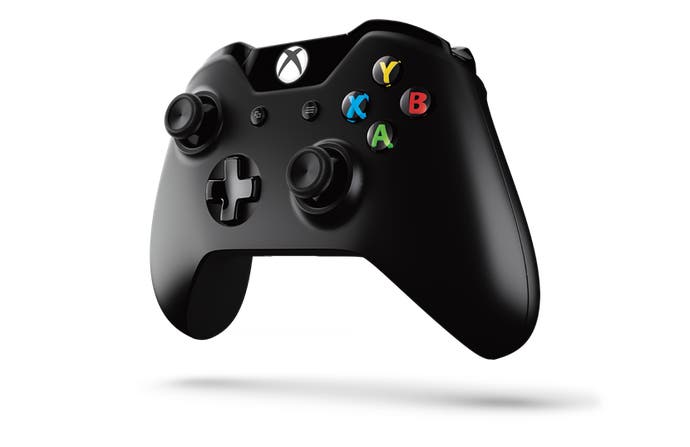
Perhaps the biggest concern developers have about Microsoft's strategy for Xbox One is that it appears to be sticking to the policy it used for Xbox Live Arcade on Xbox 360 - that is, no self-publishing.
Xbox executive Phil Harrison told Eurogamer Microsoft is doing away with the Xbox Live Arcade and Xbox Live Indie Games brand names and replacing it with an all-encompassing marketplace that presents all types of games to the customer. But the barrier to entering that marketplace remains troublesome because independent developers will need to secure a publisher - either Microsoft Studios or a third party.
"As an independent developer, our involvement with the Xbox is hampered by Microsoft's policy to only allow publishers to publish on the console," said an exasperated James Brooksby, boss of Strike Suit Zero developer Born Ready Games. He issued a statement on the matter to Eurogamer and it is reproduced below.
Brooksby's view - and the hope that policy may change - was shared by Gilray, who has had trouble in the past with Microsoft. For various reasons outlined by a Eurogamer report, Stranger's Wrath HD was prevented from releasing on the Xbox 360. Now, Gilray predicts a similar problem on Xbox One.
"I was interested to see Phil Harrison say, 'we're going to see how it evolves.' I think Phil is probably saying, 'we're going to have to look at this,' and is trying to get it through the hierarchy at Microsoft," Gilray said.
"I understand the reasons. I don't agree with the reasons. They don't want to saturate the platform. But developers have to come from somewhere.
"It's the same as any platform at the beginning of any generation. You see what happens in the first 12 months or so. But right now there's nothing there to get me excited to develop for it. If suddenly PS4 doesn't sell at all and Xbox One sells by the truck load, from a business strategy perspective we'd have to look at doing something for it, or working with third-party publishers again, which we don't want to do. We are an independent company. Why would we want to tie ourselves to a larger publisher?
"It just means our Xbox fans are stuck, really. We'd love them to be able to play our games, but other people at Redmond don't want them to do that."
"I understand the reasons. I don't agree with the reasons. They don't want to saturate the platform. But developers have to come from somewhere."
Stranger's Wrath HD developer Stewart Gilray
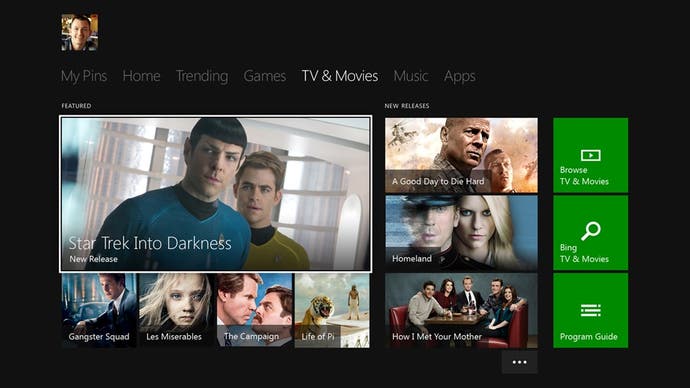
"From an independent developer's point of view I'm very disappointed we can't self-publish on Xbox One," said BigBit's Baynes. "We can on PS4 and Wii U so it's a real shame that's currently not an option. Hopefully down the line this will change, and it's just not the focus for the initial launch window. While I, and most EG readers, see indie games as important parts of a platform's library, I do appreciate that they're not system sellers for the mass market. Hopefully the second phase of One will see us all welcomed onto the platform with open arms."
"From an indie developer's point of view, this reveal was a disappointment," said Ragnar Tørnquist, founder of Dreamfall Chapters: The Longest Journey developer Red Thread Games.
"I had hoped for more from Microsoft, an assurance that they will be more open and inviting to the rising tide of new games and studios, but there was no mention of it or sign that they are changing the way Xbox Live will work for indie developers, which makes it hard for us to get excited about the platform.
"There's room for things to change or be clarified closer to launch, but for now our development focus will be on PlayStation 4. Sony has explicitly stated their support of indie development, and we are already looking at taking Dreamfall Chapters onto their platform.
"There's room for things to change or be clarified closer to launch, but for now our development focus will be on PlayStation 4. Sony has explicitly stated their support of indie development, and we are already looking at taking Dreamfall Chapters onto their platform."
Dreamfall Chapters: The Longest Journey developer Ragnar Tørnquist
"From a gamer's perspective, I saw nothing that made me desire the Xbox One. No gameplay, nothing new or revolutionary, and the focus on the 'living room device' was disappointing. For now, the PS4 is definitely the platform I'm personally looking forward to the most - both as a gamer and game developer."
"I'm hoping to hear more about Microsoft's plan for indie developers!" said a more optimistic Muir. "It sounds like they're going to unify the store a bit so that smaller games will be alongside the larger AAA titles. I think that will go a long way to making the store more interesting and diverse, though this does mean that it will be even more important for them to address discoverability issues on the dashboard.
"I hope they have solid plans for ways to shine a light on cool games that may be flying under the radar. The new options for seeing trending games and suggestions based on what your friends are playing sounds really cool and are a step in the right direction for sure. I love the idea of a small, innovative game getting a lot of attention through that feature and winning over tons of new gamers that wouldn't have otherwise been exposed to it."
Fouts echoed Muir's call for an improvement in discoverablity.
"With all games 'equal', it comes down to curation, game-featuring, and as usual, discoverability," he said.
"Everything I've read from Booty talking to Shacknews sounds good in theory (surfacing content to interested gamers, indies not buried four menus down), but it all has to do with execution. Guess we'll see! If Microsoft still requires publishers though, as opposed to Sony, I think that could make for some fairly distinct differences in their software libraries within a year or two."
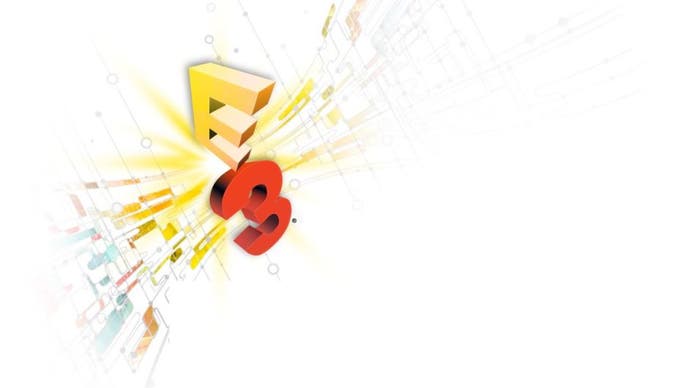
Now the dust has settled on Microsoft's Xbox One reveal event, all eyes turn to its press conference at E3. There, we hope to get more information on its plans for how the console actually works - in an always-online sense and a pre-owned sense. And, we all hope, we'll see more games.
As it stands, for gamers, there are many unanswered questions. It seems developers have a few of their own, too.
